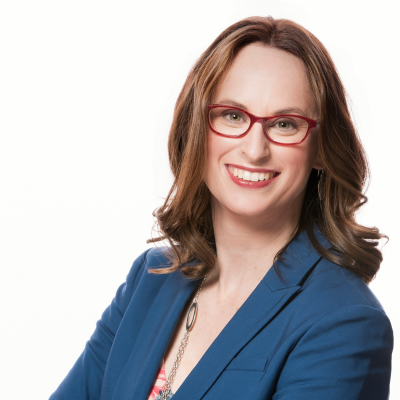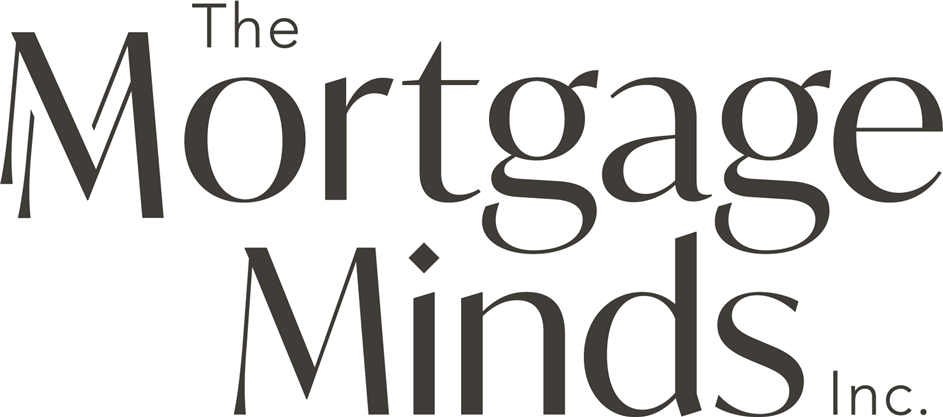
Michelle Lapierre
Retirement On The Horizon? Mortgage Free Or Not - Call Me First
6/15/2018
If you are coming up on retirement in the next few years, it is a great time to think through your mortgage needs in this next phase. It is more difficult to qualify for a mortgage when you retire, as you have less income, particularly under recently tightened lending guidelines. Planning ahead and setting up what you need before you hit retirement can make it a smoother process and save you stress and money down the road. If you have a mortgage, you could lower payments to accommodate your lower retirement income. Or, if you do not have a mortgage, you could be setting up a flexible way to access your equity in the future.
Refinancing To Lower Your Payments
People often think of refinancing as a solution to reducing their interest costs and consolidating debts. While this is one reason people consider refinancing (breaking your current mortgage and setting up a new one with new terms), lowering payments is another top reason to restructure your mortgage. If your income in retirement is going to drop significantly, it may make sense to push out your mortgage and drop the mortgage payments to accommodate it. I often do this for people who have the investments to actually pay off their mortgage completely. When they look at the tax ramifications to withdraw and the loss of interest on those investments, they choose to keep their mortgage because it costs them less than cashing out.
Example: You have a $150,000 mortgage currently at a 5-year amortization. Your monthly payment at 4% is $2,760. If you refinance to push this out to a 15-year amortization, your monthly payment at 4% is $1,107. Your monthly cost drops by $1,653!
Mortgage Free? Set Up Easy Future Access To Home Equity
It is often those who have been mortgage free for some time who do not prepare ahead with an easy way to access their equity. It is usually because they have been financially strong enough that they have never had difficulty getting loans or financing. With homes at such high values and so much of your net worth tied up in one, I highly recommend setting up an easy way to access the equity should you need it in the future and before it becomes more difficult to qualify on a fixed income. The easiest way to do this is to set up a significant Home Equity Line of Credit (HELOC). It can provide many great benefits in the future:
- Bridge financing on future purchases - If you choose to downsize and want the flexibility to buy before you sell, this provides a built-in way to pull out the funds you need to buy. It allows you to avoid the stress of moving twice and of course avoid you needing to be approved for a mortgage while on a lower, fixed income.
- Home repairs and maintenance - Once on a fixed income, you may find it difficult to manage an unexpected bill for a large home maintenance item such as a furnace or roof replacement.
- Supports to age in place - If drawing on your equity allows you to afford the supports you need to stay in your home longer (ex. nursing and other home care supports, lawn care, snow removal, cleaning services), it can be far cheaper than being forced to move into an assisted living facility at a significantly higher monthly rent amount.
Already Retired? There Are Still Options
If this newsletter comes a bit too late and you are already into retirement, there are still options that can help you. Your pension income can be used to qualify for a mortgage (although it may be less of a mortgage), so you may still qualify for traditional lending, whether for a downsize purchase, restructuring to lower payments, or for a HELOC.
If you do not qualify for traditional mortgage lending, there are other options you can consider. One of these is a reverse mortgage. These have a bad reputation because products by the same name sold in the United States have all sorts of terrifying terms and conditions. The reverse mortgages available in Canada are only offered by two lenders, both banks, both highly regulated, and with the safeguards to make them a reasonable and safe option for seniors who own their home but find themselves short on the funds to stay in it.
Reverse mortgages do have higher interest costs than a standard mortgage or HELOC, but they also do not require payments, which can be a huge factor on those with a fixed income. And again, when comparing those costs to the cost of being forced to move into a higher-cost living situation, a reverse mortgage can make a lot of sense. I'll talk more about this product in a separate newsletter.
Before you hit retirement contact me to discuss whether there are any mortgage changes you should consider. If you are already retired and want to discuss mortgage options that can help meet your needs, I can help with that as well.




























